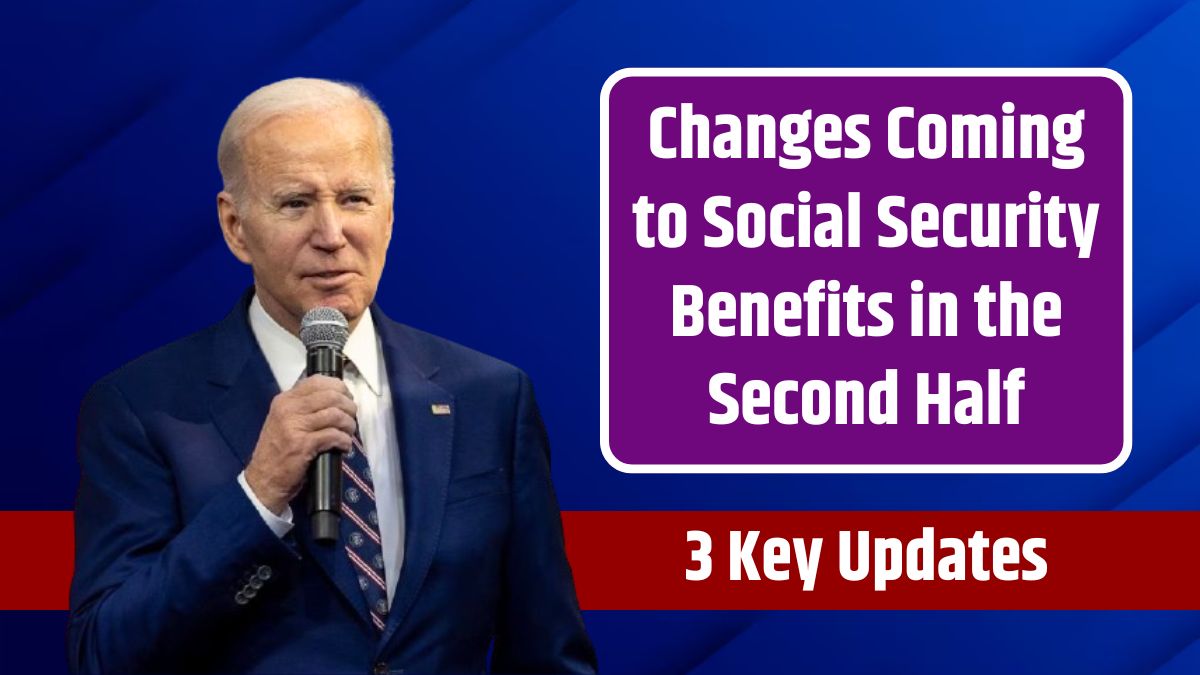Social Security benefits have long been a critical lifeline for millions of Americans, especially those in financial need. Recently, the Social Security Administration (SSA) announced systemic changes aimed at broadening access to these essential benefits. This move is a significant step toward easing the financial burden for many individuals and families.
Barriers
Supplemental Security Income (SSI) serves approximately 7.5 million Americans who are elderly, blind, disabled, or have children. These benefits are vital, but the program’s strict resource limits and complex regulations can make it challenging to qualify or maintain full benefits. The SSA has acknowledged these issues and is committed to making it easier for the most vulnerable populations to access the support they need.
Stringent Requirements
As of 2024, SSI provides up to $943 per individual or $1,415 per couple monthly. Additionally, family caregivers may receive up to $472 for caring for SSI beneficiaries. However, to qualify, individuals must meet strict financial criteria. They must have less than $2,000 in resources and earn less than $1,971 per month from employment, with unearned income capped at $963 per month. For couples, the limits are slightly higher, with a resource cap of $3,000, unearned income up to $1,435, and earned income up to $2,915.
These stringent requirements often lead to an administrative burden for both the SSA and recipients. Beneficiaries must constantly monitor and report their income, which can result in benefit reductions or cancellations if not accurately tracked. Additionally, gifts of free food, household help, and subsidized rent can further complicate eligibility, leading to underpayments or overpayments.
Positive Changes
To address these issues, the SSA has introduced several changes to streamline the process and expand access to benefits. These changes, set to take effect in September, include three key areas:
Food Gifts Exclusion
Previously, food gifts from relatives or friends were counted as in-kind support and maintenance (ISM), reducing the benefits for about 9% of SSI recipients. The new rule excludes food gifts from the ISM calculation, ensuring consistent payment amounts and removing a barrier for recipients.
Public Assistance Definition Update
The definition of a public assistance household has been expanded to include the Supplemental Nutrition Assistance Program (SNAP) as a benefit. Under the new rule, only one household member needs to receive assistance for the entire household to qualify. This change simplifies the process and prevents the unintentional reduction of benefits.
Rental Subsidy Policy Expansion
A rule that has been piloted in seven states, allowing rental assistance to be excluded from income calculations, will now be implemented nationwide. This expansion helps recipients retain their benefits without the fear of rental subsidies affecting their eligibility.
These changes reflect the SSA’s commitment to making the system more accessible and less burdensome. By simplifying the rules and removing unnecessary barriers, the agency aims to ensure that more people can receive the support they need without undue stress or confusion.
These updates to Social Security benefits are a step in the right direction. They not only make the system more user-friendly but also ensure that assistance reaches those who need it most. As these changes roll out, it’s crucial for recipients to stay informed and know how these new rules might affect their benefits.
FAQs
Do food gifts affect SSI benefits?
No, food gifts are no longer considered in-kind support.
What is the new SSI benefit for couples?
Couples can receive up to $1,415 per month in SSI.
What counts as a public assistance household now?
Households where at least one member receives SNAP benefits.
Does rental assistance impact SSI eligibility?
No, rental assistance is excluded from income calculations.
How much can a single person earn and still receive SSI?
A single person can earn up to $1,971 monthly.
